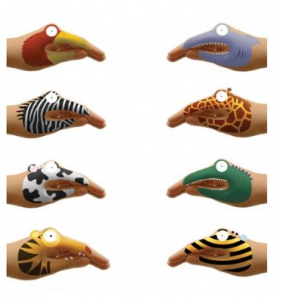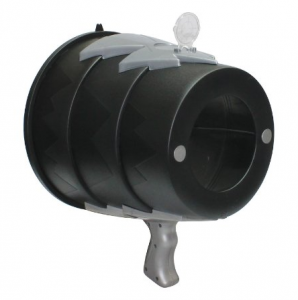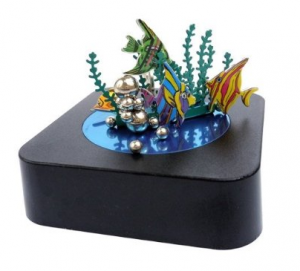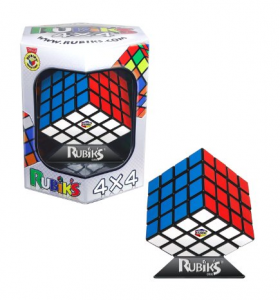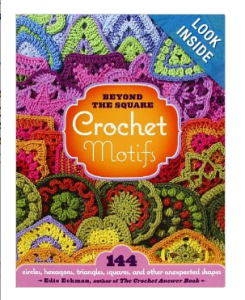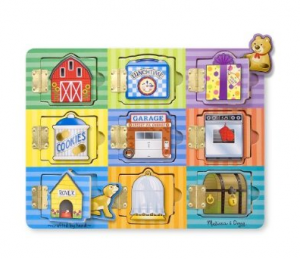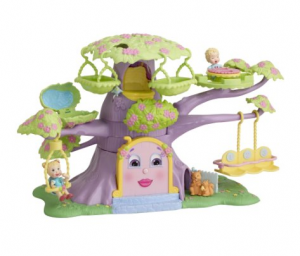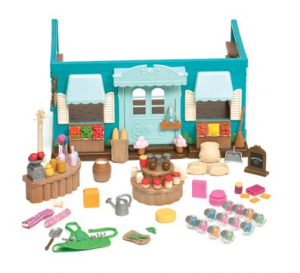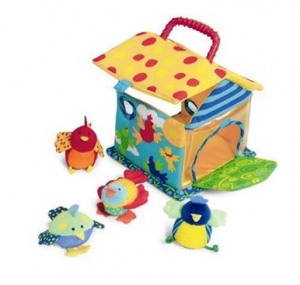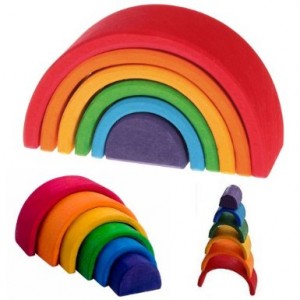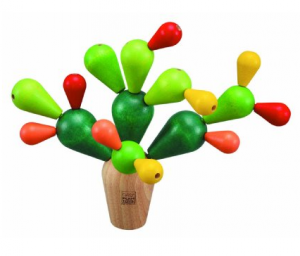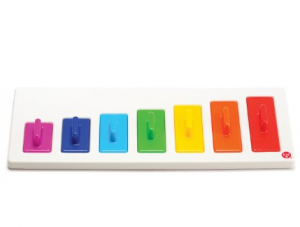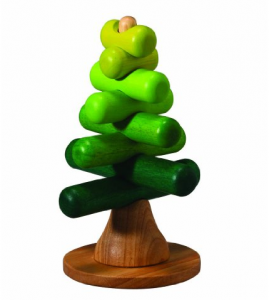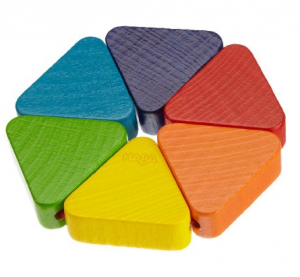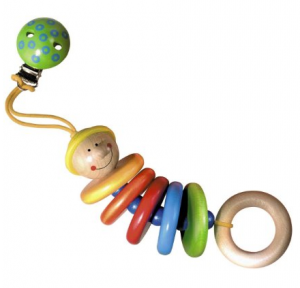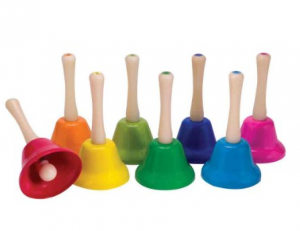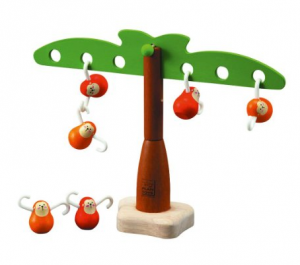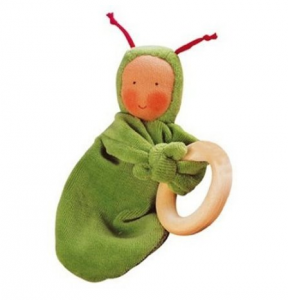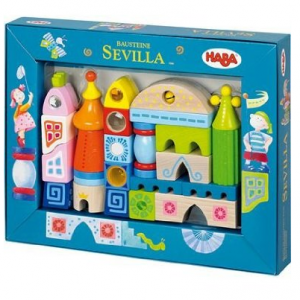Now that I am not religious, it feels to me as if EVERYONE is religious. EVERYONE. But when I was religious, it felt like it was a rare and special thing to find someone else who was, too. It’s like chicken/beef recipes: when I have two pounds of chicken about to turn on me, it seems like all the yummy recipes are made with beef; when I want to try Edward on some red meat, all the yummy-sounding recipes are chicken.
I’d like to do a poll to get an idea of what the actual percentages are. Has your heart already started pounding with all the scientific/statistical problems inherent in this experiment? But I don’t care much about the population at large: I’m more interested in the percentages of the population I hang around with. And I’m not going to worry about the integrity of non-verified, voluntary-response data collection, or whatever. So we won’t try to apply the poll results to The World or anything—it’s more like a party game.
Here is another huge issue to contend with: what “religious” means. I use the word religious deliberately, even though when I was religious I was fond of saying I was NOT religious “and neither was Jesus,” or whatevs. But we need a word that includes ALL the religions, and “religious” IS IN FACT the word used for that. I understand if it makes you flinch a little, and alternate suggestions are welcome though unlikely to be used: a word that means religious but isn’t “religious” is something that religions would have figured out by now if it existed, I think. And I’m not using “spiritual,” because that one makes me flinch even more, and also I’d say it’s LESS accurate than “religious.”
So does this make sense so far? In this situation we are using “religious” in its nice, loose, no-flinching-required, “we need a good loose category-describing word here and I don’t think we have a word better than this one” sense. “Well, I believe in God and Heaven but I don’t really belong to a PARTICULAR religion” or “I’m a [name used for a member of a certain religion], but I’m not RELIGIOUS” are invalid statements for our purposes. We ALL would prefer to use a word that didn’t have some of the connotations of the word “religious,” but this is what we’ve got.
There is a huge, HUGE spectrum for what “religious” includes, especially when we are trying to cover more than one religion, and I am going to break that down into very rough categories which, as the editor of our local paper says about editing letters, never makes anybody happy. NONE OF US will be happy with these categories. NONE OF US, including me. We are just all going to have to choose the one that BEST represents us, and resist the temptation to say, “Well, I can’t vote because none of these categories describes the EXACT set of feelings/attitudes I have, which I will now list for you in multiple, detailed paragraphs.” [Though you MAY do the multiple, detailed paragraphs on their own, if that would be fun.] EVERYONE belongs to a Religion of One, and there is no poll for that. Instead we are looking for APPROXIMATE CLUMPS.
The category descriptions are merely samples to give you the gist of what I’m looking for—I wanted something that would be more helpful than just “A Little Religious” or “Strongly Religious,” since one person’s “strongly” might be another person’s “medium-low.” I’ll list a number of attributes for each level that MAY OR MAY NOT APPLY to a particular member of that level. You may VERY WELL find that you belong right in between two categories, or that you are a mix of two or three; in that case, pick the one that feels MOST like you. (If they are exactly equal, flip a coin.) Or you may find that you belong to one category for the most part, but one single descriptive point for that category is completely wrong; that’s okay, go ahead and choose it if it’s the category that suits you best OVERALL. This is not a poll to reveal the exact location on the spectrum of any one individual, so these “had to pick one that wasn’t quite right” answers (i.e., the answer of EVERY SINGLE PERSON WHO VOTES) should average out overall to show us a group picture.
You may guess from my examples that I was brought up Christian. I tried to make the categories inclusive of religions in general, but I think the Christian thing will still end up seeping through, since that’s the only one I’m familiar with. I thought about trying to give examples from other religions, but it seemed like that was the sort of thing that could misfire and/or cause additional confusion. You may have to modify language, therefore, to get the GIST of the category: if I’ve said “deity” but you believe in a group of deities, or if I said “pray” but you’d use a different word for a different-but-similar type of activity, that still works for these categories. I have confidence that this is something we can manage.
Also, I left out crazy people. That is, I think that many of the people in the extreme categories are people using religion to justify stuff that has nothing to do with religion, to the appalled horror of other people in that religion. So I didn’t make a category for them. If you are a crazy person, you can choose whatever category you feel best describes you.
Let’s start at one end of the spectrum and work down:
1. Not Religious. This doesn’t require you to go around being ACTIVELY NON-RELIGIOUS all the time (though that’s an option). You don’t have to have a Darwin fish on the back of your car (but you can). Maybe you feel a little dismay when you find out someone with Friend Potential is religious, or maybe you don’t care. Maybe you scoff at religion, or maybe you don’t. Maybe you allow for the possibility of one of the many religions being true, or maybe you don’t. But you would not say, “Well, God has a plan for us all” or say that people who die go to heaven. You would circle “none” on the part of the hospital form about religious affiliation.
2. A Little Religious. You don’t go to church, or maybe you go for the Christmas Eve service. You are comfortable with religious-type words/songs, and you might say “God has a plan for us” or refer to people as looking down on us from heaven, but you might not know if there’s an actual god or actual heaven, or be investigating it further. You’re okay with a lot of different religions, as long as they don’t get pushy with you. You don’t necessarily think any one religion is “right.” Your own religious life might mix-and-match quite a bit, or you might try different things sometimes. You’re okay with word substitution: you’d be fine with saying/hearing “God, or Allah, or The Universe, or whatever you believe in.” You pray sometimes, but mostly in the “Please let him be okay” type way. If you found out all the religions were untrue and this was all there was, you might be disappointed but you would be fine.
3. Medium-Low Religious. You belong to a church: it’s an excellent way to meet people and participate in the community, and a good solid foundation for your kids. You like it and you like participating in it and it gives you a good feeling to do so, and you think of it as the sort of activity that makes people better overall. You’d prefer a political candidate to be the same religion as you, but you wouldn’t necessarily make that the deciding factor or anything. You don’t get into intense theological arguments with other people, and you don’t object if people belong to other religions than yours. If you found out your religion was untrue, you’d be upset for awhile but you’d be okay in the long run—and you might think an organization LIKE religion should keep going for the other benefits of it.
4. Medium-High Religious. You belong to a church, and you participate regularly (or you don’t right now but really feel you should as soon as it’s possible). You teach your children the stories belonging to your religion; you pay attention to their religious education, and think it’s important that they get it. You would be upset/worried if they didn’t grow up as believers. You pray fairly regularly and/or think you should do it more. You accept your religion’s structure for how things work: there is an actual supernatural world with actual real supernatural entities in it; there is a heaven and/or a hell and/or other supernatural location where humans go after death. If there is a difficult issue to figure out where you stand on it, you’d take your religion into account while deciding. If you had to make a short list of words describing who you were, your religious affiliation would be in there for sure. You feel your religion is the right one, though other religions may come close. If you found out your religion was untrue, it would be intensely upsetting and you would have to completely restructure your life and beliefs around this new information.
5. Strongly Religious. Everything in life is seen through the filter of religion. It is absolutely true, and of ultimate importance. It is pretty horrifying to imagine your children losing the faith, because it matters in an eternal way. The supernatural elements described by your religion are just as real (or more real) than the reality of the Earth and the humans and animals and so forth. There is an actual deity who actually exists, and there is no question about that (though feeling occasional doubt can be considered normal because of our failings as humans and because of attacks on our faith). Other religions have it wrong to varying degrees. If someone you love disagrees with your interpretation of a religious issue, it can be a very big deal. If you found out your religion was untrue—well, it’s too upsetting to consider that hypothetical.
Okay! Let’s just TRY this. Remember that none of the categories are going to describe you exactly. And it’s anonymous, so you don’t have to worry that you “ought to” choose a different category. As much as is possible with something like this, choose the one that actually best describes your actual level of religion.
[yop_poll id=”4″]


